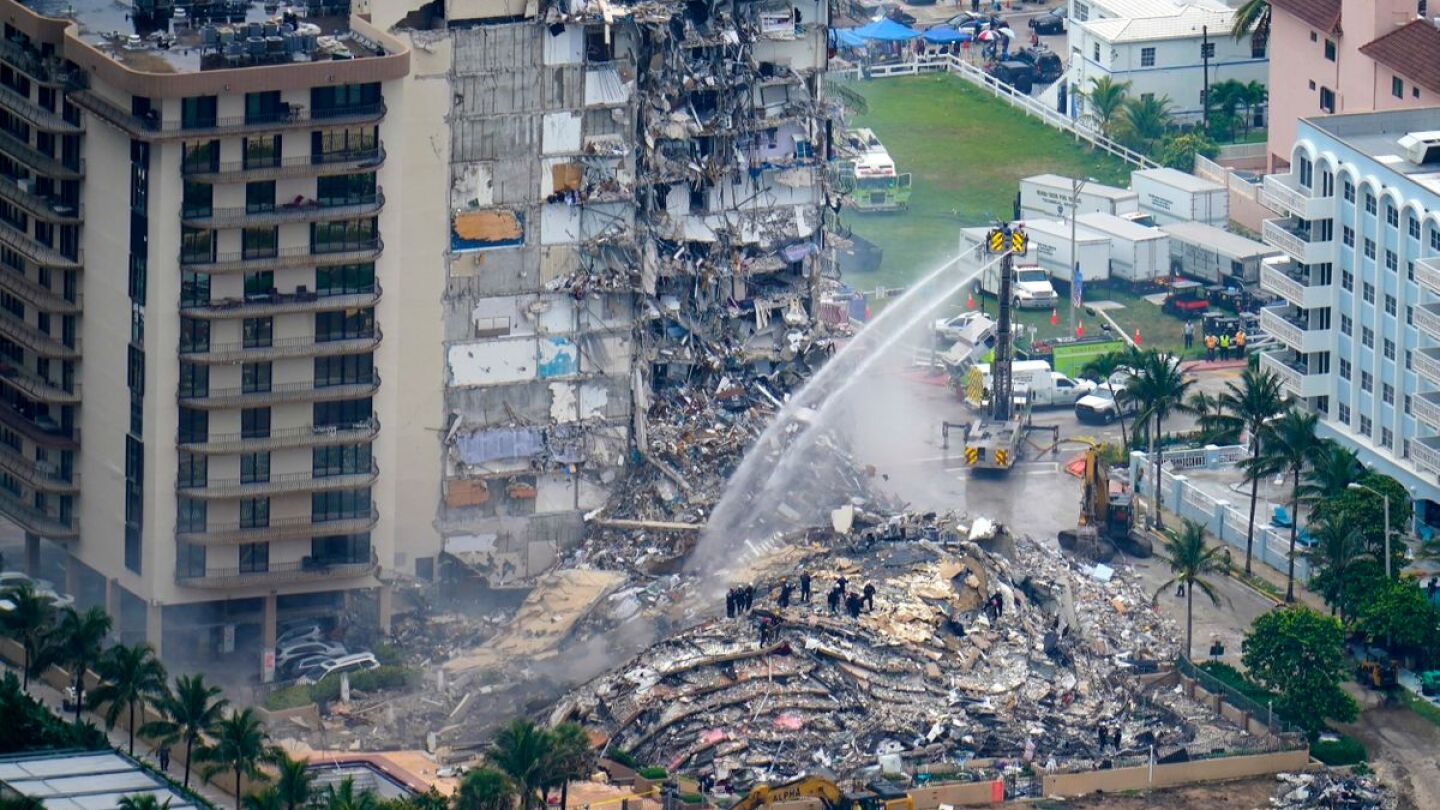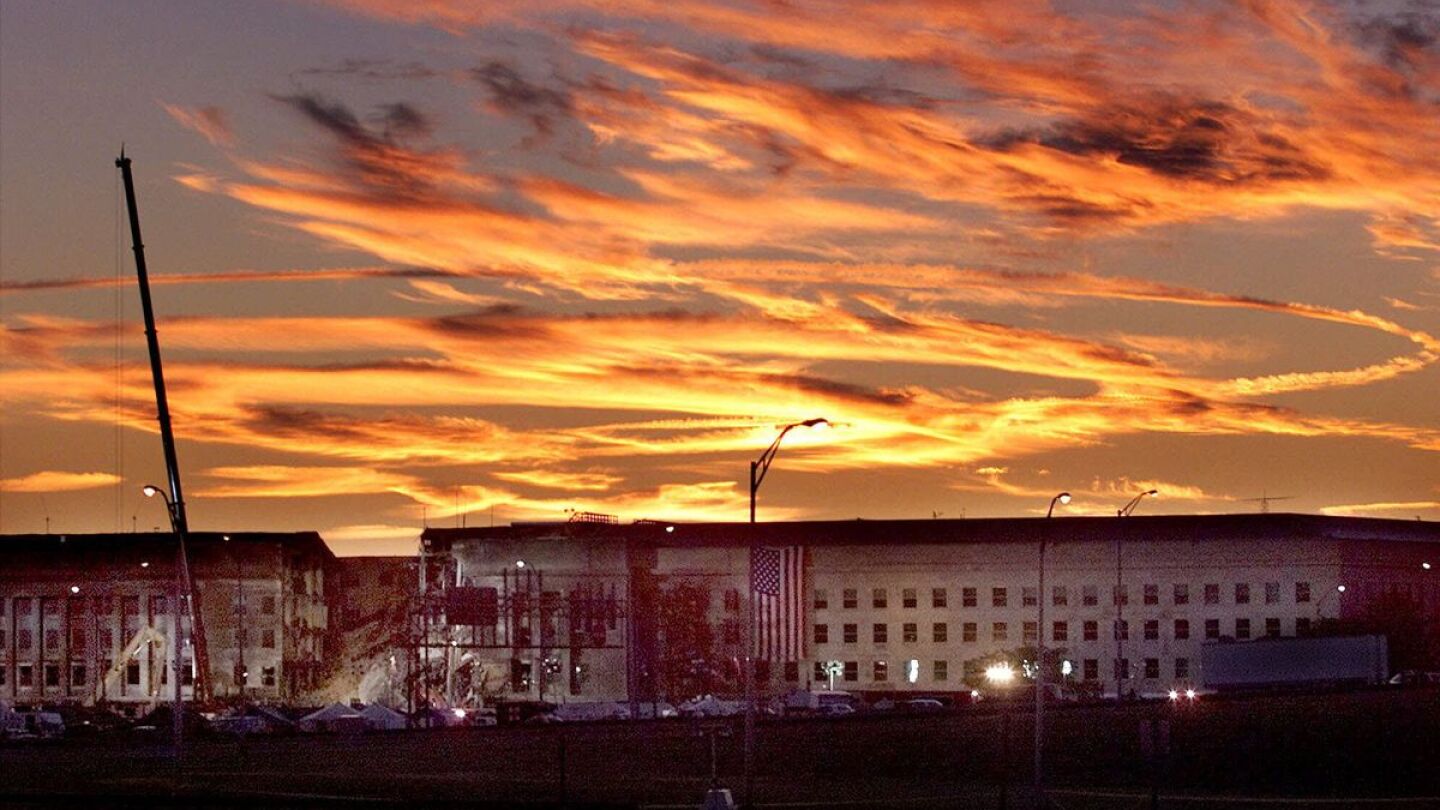Incident Command
Detailing the US&R system in Florida, challenges faced by SAR crews, and lessons learned from the catastrophic incident
Have we taken the lessons learned from 9/11 and truly changed our practices?
Years of preplanning aided the incident command of an MCI, building fire, technical rescue, hazmat, and terrorism crime scene all in one
Agencies are (or should be) preparing for continued rolling blackouts meant to minimize the risk of electrical line-caused fires
Insights into the deadly Fla. condo collapse, how post-9/11 changes have improved incident command
I hope first responders working the scene can get the psychological care they need, soon
With skills, preparation and clear expectations, EMTs and paramedics can facilitate productive conversations with bystanders at an incident
Keeping them going round and round during fuel supply disruptions
First responders must be clear about their observations and follow key documentation guidelines to be considered as a credible witness
Very little in a university setting follows a strict top-down approach
EMS Products
The SPARTAN team will leverage aircraft and thermal imaging to aid in search and rescue operations and more
MCHD EMS shares lessons learned in flexibility and preparedness from the winter storm that doubled call volumes and sidelined hospitals in Texas
MedStar’s Matt Zavadsky and NASEMSO’s Dia Gainor discuss traffic incident management and EMS’s role in multi-agency response after 133 vehicle pileup
Breaking down police, fire rescue, EMS roles in a traffic incident management system
Federal officials recommended reviewing resources on situational awareness, communication and preparation of personnel and apparatus ahead of the upcoming inauguration
Jason Killens, chief executive of the UK’s Welsh Ambulance Service, discusses the complexity of response to an 800 casualty incident across four separate locations
7 steps to factoring in violence as a possible variable at special event EMS response and incident command
Good communication and pre-planning: What the Boston Marathon bombing taught us
The first 10 minutes of an MCI considerably impact emergency operations and survival.
Six takeaways from the USFA, NHTSA best practices to protect fire and EMS providers responding to incidents of civil unrest
The guidance includes recommendations for preparing personnel, the station, apparatus and the community for times of social upheaval
During this national emergency, EMS needs to find qualified caregivers to help maintain field response capabilities
Our co-hosts reflect on a recent emergency call to a Buffalo Wild Wings where a cleaning agent inhalant injured nine and killed one employee
NFPA’s John M. Montes, NREMT, examines how ASHER programs help communities prepare for, respond to and recover from active shooter incidents
In this episode, our co-hosts discuss Firefighter-Paramedic Wendy Ashworth, who became the first female to command an incident in her department’s history
Chief Norris Croom highlights the need to plan and train for when to stage, when to enter the hot zone and when to retreat
Despite the destruction of the medical tent, and a lack of water for attendees, a New Orleans concert continued after several attendees were injured in a stampede
Paramedics were responding to a call in the area when Amber Lynn Sills took the ambulance and, when blocked by police, rammed into a cruiser
Organizations are combating overdoses with outpatient treatment, medication-assisted treatment, and inpatient residential treatment
APCO’s Voices Behind the Incident seminar brought together dispatchers that responded to the 2017 Las Vegas Shooting to talk about their experiences and share insights
A tragic incident in which a NY firefighter was killed by ambulance should have your department reviewing post-accident/incident plans, EVOC and safety courses
Kris Kaull relates his most memorable call, and how practice, and a mindset to control what you can allows EMS providers to provide help and calm during the chaos































